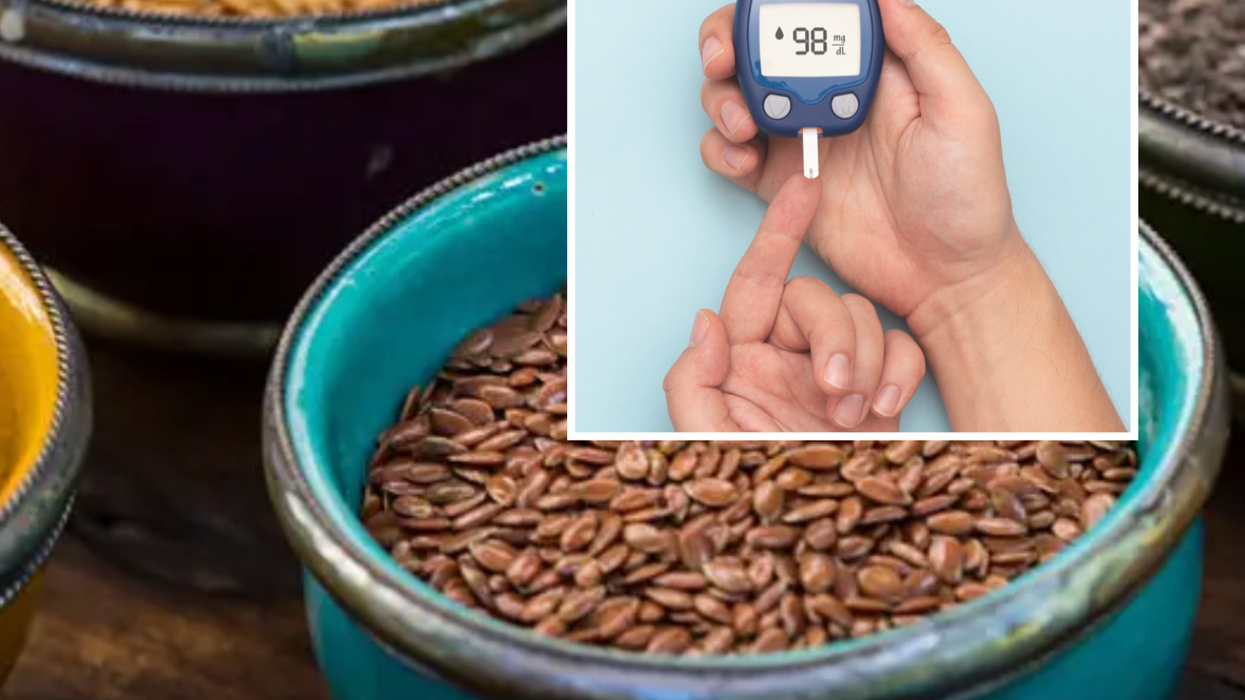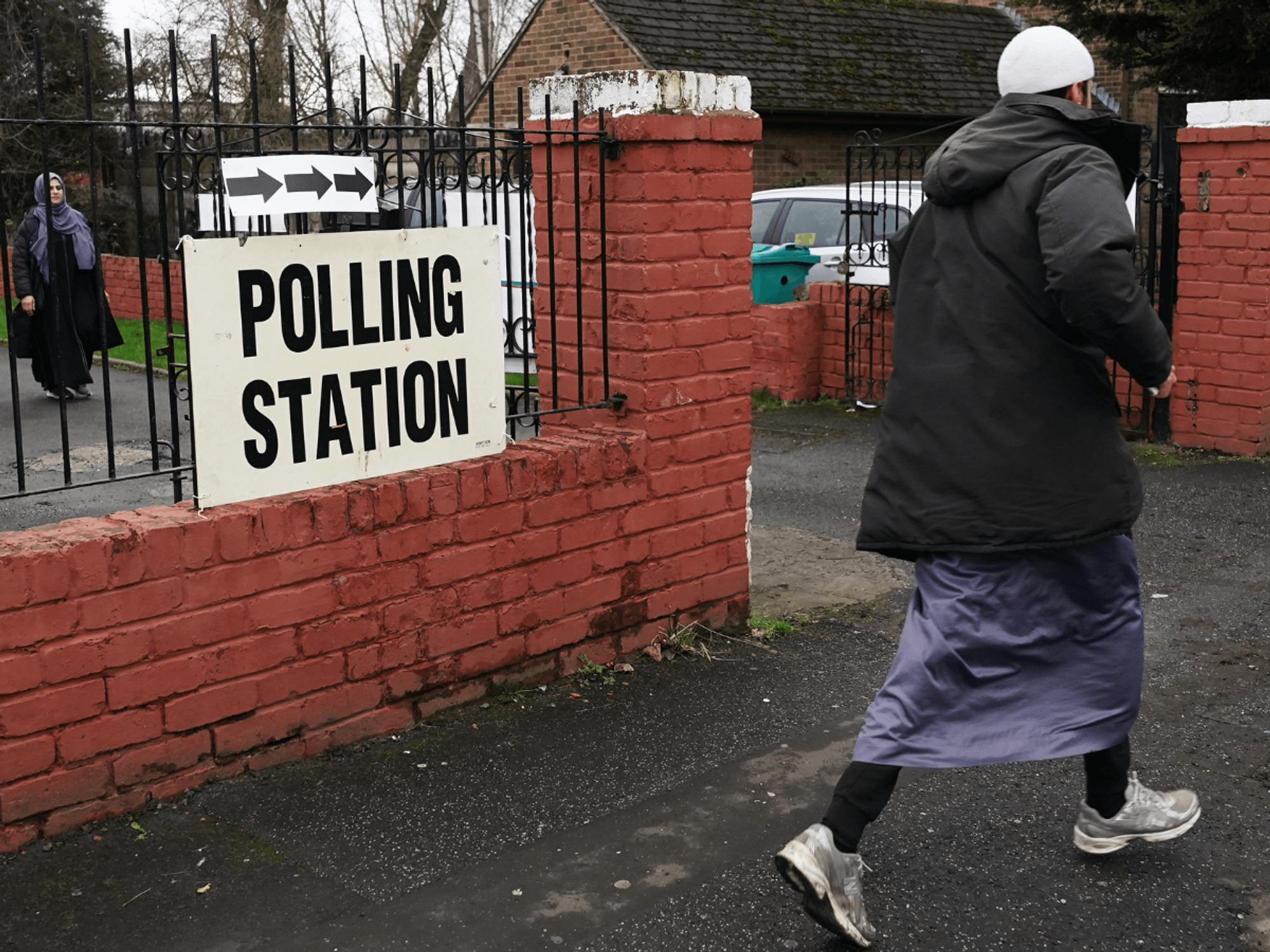Four super seeds that lower blood sugar levels by almost 50% - dramatic reductions seen within MINUTES

Seeds have been shown to deliver marked reductions in blood sugar minutes after eating
|Getty Images

Seeds are packed with beneficial nutrients that can lower blood sugar levels
Don't Miss
Most Read
Diabetes would be relatively harmless were it not for high blood sugar levels, which can damage the body's organs over time.
Insulin normally helps regulate blood sugar levels by moving glucose into cells throughout the body, where it can be used for energy.
However, if you have diabetes, your pancreas doesn't produce enough insulin, or when the body doesn't respond properly to insulin.
This causes blood sugar levels to soar, especially after eating because glucose is released into the bloodstream from the food we eat.
Thankfully, snacking on seeds can offset this effect. Here are five backed by solid research...
Chia seeds
Studies have shown that chia seeds can help reduce blood sugar levels and improve insulin sensitivity.
One study found that participants who ate 25 grams of ground chia seeds with a sugar solution had a 39 per cent lower blood sugar level than those who only ate the sugar solution.
Another study found that eating 37 grams of chia seeds per day for 12 weeks reduced blood pressure and levels of inflammatory chemicals in people with type 2 diabetes.
Chia seeds contain fibre, which slows the absorption of sugar in the gut and can help prevent blood sugar levels from increasing too quickly. The protein in chia seeds can also help stabilise blood sugar levels.
Flax seeds
Flax seeds may help improve blood sugar levels, and may be especially beneficial for people with prediabetes or type 2 diabetes.
In one study, published in Springer, researchers found that adding flaxseed to a diet improved blood glucose levels over 24 hours.
Another four-week study found that eating 10 grams of flaxseed powder per day for four weeks reduced fasting blood sugar by 19.7 per cent in people with type 2 diabetes.
Research suggests that flax seeds may help improve insulin resistance, which is a condition that makes it harder for the body to regulate blood sugar.
Sunflower seeds
Sunflower seeds may help lower blood sugar levels and may be beneficial for people with type 2 diabetes.
One study, published in Journal of Chemical and Pharmaceutical Research, suggests that eating 30 grams of sunflower seeds daily may reduce fasting blood sugar by about 10 per cent over six months.
Sunflower seeds contain chlorogenic acid, a bioactive compound that may help treat insulin resistance.
Studies suggest that adding sunflower seeds to foods like bread may help decrease carbohydrates’ effect on your blood sugar.
Foods with a high carb content cause marked rises in blood sugar because they are broken down into blood glucose quickly.
The seeds’ protein and fat slow the rate at which your stomach empties, allowing a more gradual release of sugar from carbs.
Pumpkin seeds
Pumpkin seeds may help manage blood sugar levels in several ways.
A clinical trial, published in Nutrition Research, found that adding 65 grams of pumpkin seeds to a meal significantly reduced blood sugar responses.
Participants saw reductions of up to 35 per cent 120 minutes after eating.
Pumpkin seeds are high in magnesium, which may help manage blood sugar levels. A large observational study found that people who consumed the most magnesium had a 15 per cent lower risk of developing type 2 diabetes.
General tips to lower blood sugar
Eating a balanced diet is key to lowering blood sugar levels.
As Diabetes UK explains, a balanced diet can help control blood sugar levels. You can try eating more fibre, fruits, and vegetables, and choosing healthier carbohydrates and fats.
Physical activity can help lower blood sugar levels. The NHS recommends doing at least 2.5 hours of activity a week, such as fast walking, climbing stairs, or gardening.










